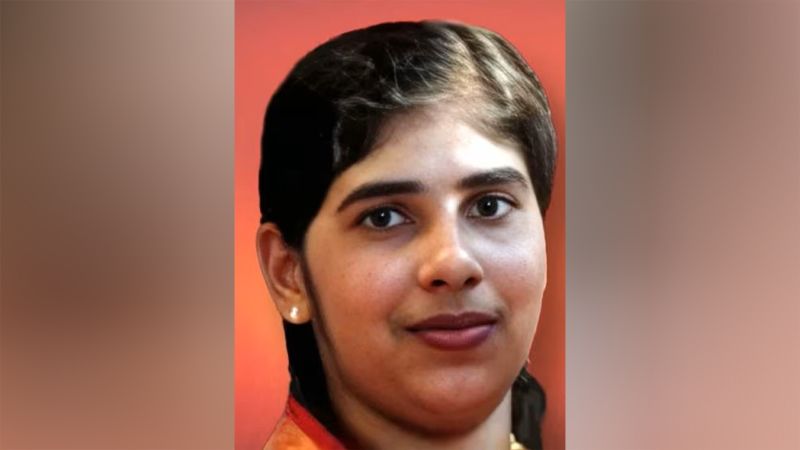
Relatives of Indian nurse Nimisha Priya are urgently working to prevent her execution in war-torn Yemen. Scheduled for Wednesday, her death sentence has drawn significant media attention in India. Priya was convicted in 2020 for the murder of her former business partner, a Yemeni national, whose remains were found in a water tank in 2017. The case has been complicated by the absence of formal diplomatic ties between New Delhi and the Houthis, who control the capital, Sanaa.
Human rights organizations, including Amnesty International, have intensified their calls for the Houthis to halt the execution. On Monday, the organization urged a moratorium on all executions, advocating for the commutation of Priya’s and other death sentences, emphasizing that “the death penalty is the ultimate cruel, inhuman and degrading punishment.”
“I am optimistic,” said Samuel Joseph, a social worker assisting Priya’s family. “The government of India is directly involved, and there’s nothing more I can say at this point.”
Priya’s situation is precarious; under Yemen’s Islamic law, she could receive clemency if the victim’s family pardons her and accepts “diyah,” or blood money, from her family. Joseph explained that Priya allegedly administered a fatal overdose of sedatives to her business partner but maintains her actions were in self-defense against ongoing abuse.
The legal proceedings against Priya were conducted in Arabic, and she did not have access to a translator, raising concerns about the fairness of her trial. In response to her plight, the Save Nimisha Priya Action Council was established in 2020 to raise funds and negotiate for her release. Activist Rafeek Ravuthar highlighted the difficulties of the negotiations, stating, “The reality is that there is no Indian embassy, there is no mission in this country.” So far, approximately 5 million rupees (nearly $58,000) has been raised.
Political figures from Priya’s home state of Kerala have also been vocal in their support. Kerala’s Chief Minister, Pinarayi Vijayan, reached out to Indian Prime Minister Narendra Modi to intervene, arguing that the situation deserves significant attention. In the Indian Parliament, Minister of State for External Affairs Kirti Vardhan Singh assured that the government prioritizes the welfare of Indians abroad and is providing all possible assistance.
Priya originally moved to Yemen in 2008, joining over two million from Kerala seeking better opportunities. She found work as a nurse and hoped to open her own clinic. In 2014, with her husband Tomy Thomas, she established a clinic in Sanaa, but her aspirations were soon overshadowed by the escalating conflict in Yemen.
The situation deteriorated significantly when Houthi rebels seized the capital, leading to a civil war that has left the country in chaos. For many foreign nationals, this prompted evacuation, but Priya chose to stay and protect her business and family.
India does not have formal diplomatic relations with the Houthis, and all consular matters are managed through the Indian Embassy in Djibouti. This lack of direct representation complicates efforts to secure legal aid or protection for Priya.
Amnesty International reports that Yemen was among the top five countries with the highest number of executions in 2024, confirming at least one execution by the Houthis in areas under their control. Priya’s mother, a domestic worker from Kerala, has been in Yemen for more than a year to facilitate negotiations.
Priya’s husband and daughter remain in Kerala, holding onto hope for her release. “My wife is very good, she is very loving,” Thomas stated. “That is the sole reason I am with her, supporting her and will do so till the end.”
As the deadline for execution approaches, the fight to save Nimisha Priya continues, underscoring the complexities of navigating legal and diplomatic challenges in a country marked by conflict and instability.







